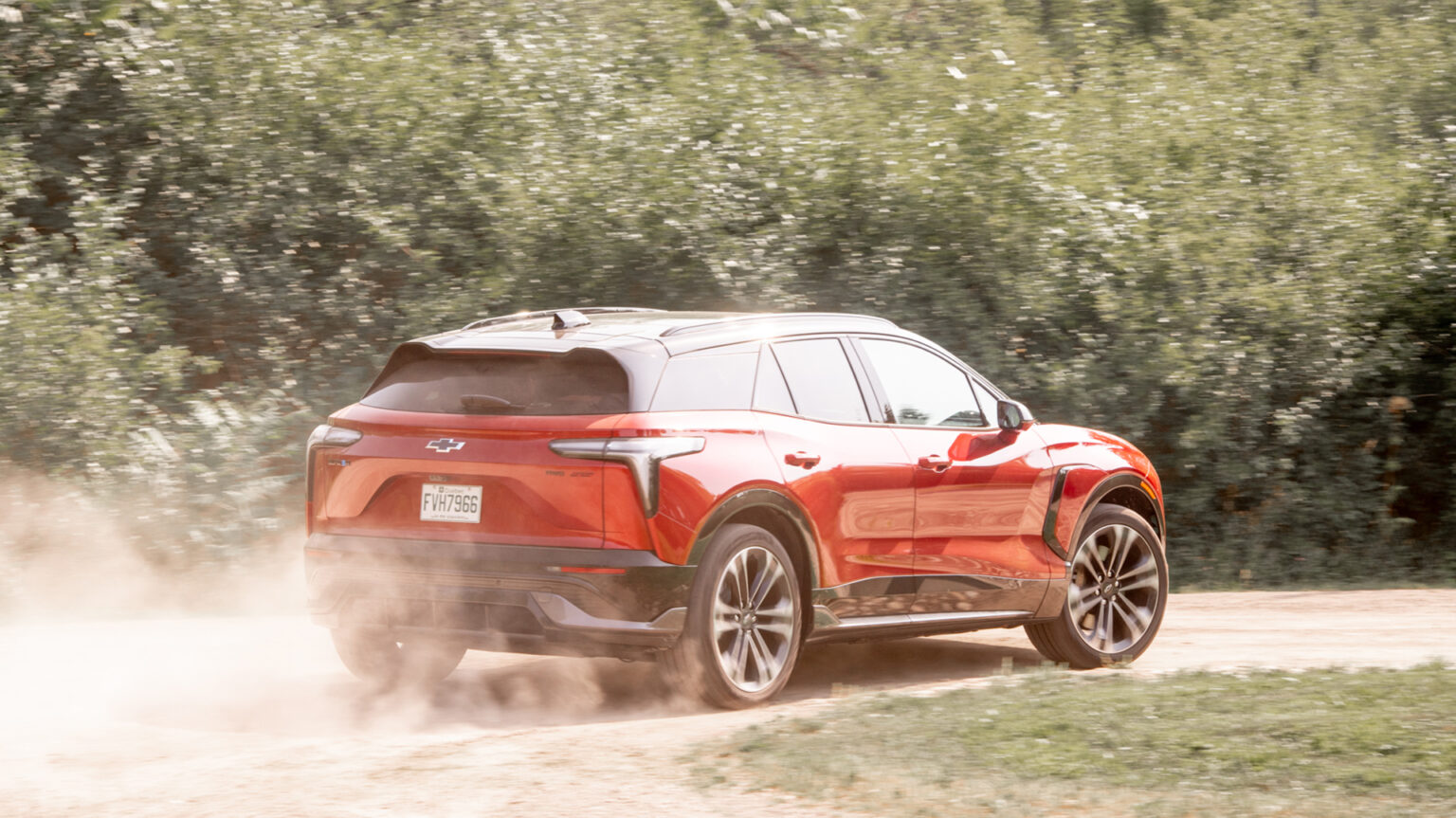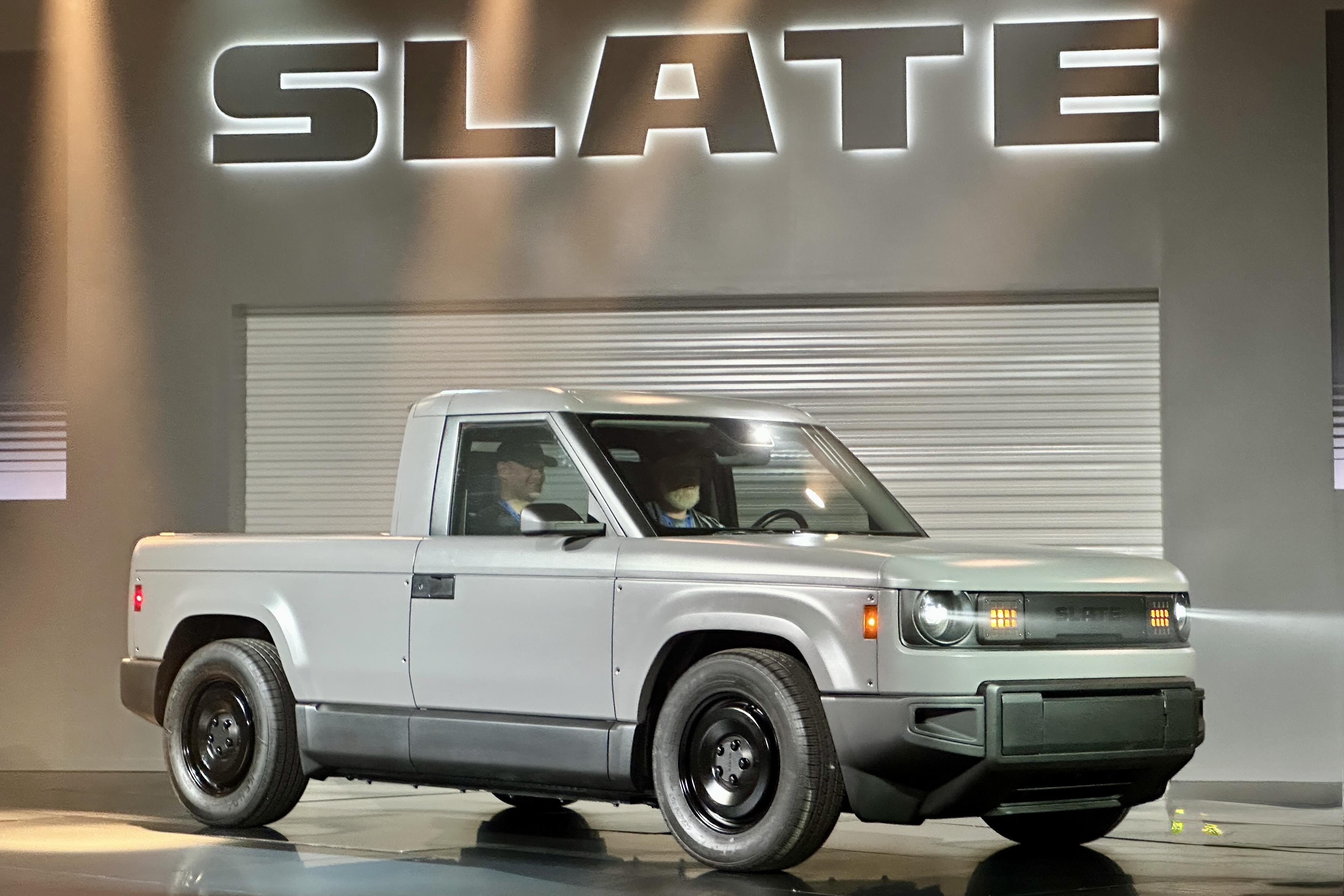Let’s examine the state of the electric vehicle (EV) industry, especially as it relates to the vehicles we drive on the road daily. There seems to be no new headline in the news these days that doesn’t hammer home the evolution of EVs.
The federal tax credit is about to go down the drain, sales of EVs are definitely not where they once were, and several automakers are backpedaling on their original EV roadmaps. Some are even dusting off old internal combustion technology. Even Canada, known for its progressive ideas and socialist-leaning politics, has put a hold on its EV Availability Standard.
And with the current administration in the White House, one that’s been rather vocal about its opinion of electric cars, to say nothing of its recent bill to thwart their progress, it really feels as though EVs are about to hit a dead end in America.
Are EVs doomed?
I obviously don’t have a crystal ball to answer that question. But the auto industry isn’t in its first crisis. And like all objects that consumers spend money on, it’s the market and the products inside it that will dictate where things will head next.
If you remove the noise and focus on that alone, you quickly realize that what we’re witnessing is all but a minor bump in the road. EVs are about to come roaring back — maybe less roar and more electronic hum.

Politically Driven, For All the Wrong Reasons
In the not-too-distant future, we’ll look back at that crucial moment in history when electric vehicles (EVs) became political weapons.
How on Earth did humanity use an automobile as a way to identify in which direction a political party is leaning? Drive an EV, and you’re a Democrat. Burn gasoline, and you’re a Republican. Drive a Tesla, and uhm, I’m not exactly sure what you’re supposed to be these days. It has all become so weird.
I’m well aware that no matter how I phrase this, a few tomatoes will be flying my way. But, EVs were never put here to please anyone. They were put here by necessity, to help us all collectively reduce our CO2 emissions directly linked to climate change.
No, EVs are not the solution to our carbon problem. They’re part of the solution. And, for now at least, they’re the best idea we’ve come up with, at least as far as light-duty transportation is concerned.
Now, I don’t want you to feel bad about not owning an electric car. I don’t own one myself. That’s not the point here. I’m well aware that EVs could be either too costly or too worrisome due to range or charging. Maybe you just don’t want things to change and would prefer sticking to gasoline for now. It’s more convenient. And that’s quite all right.
But would the right thing to do — for us, humans, I mean — be to continue burning fossil fuels and warming up the planet? I’m not sure we want that.
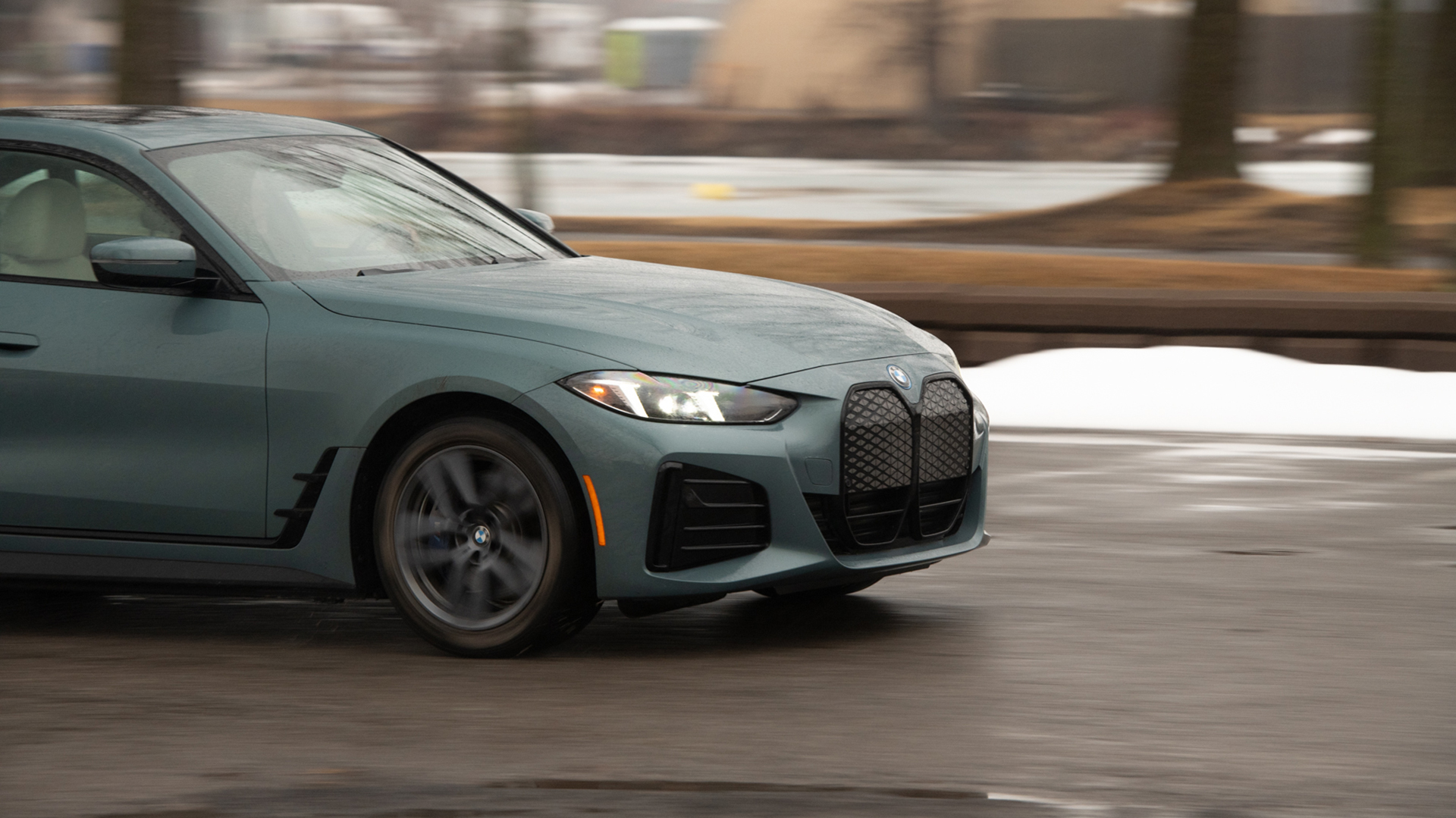
The Good, Cheap EVs Are Coming
Political pressures and government legislation aside, there’s a cold, hard truth happening at the dealership level right now. Cars are too expensive, slowing consumers down, and causing them to reconsider the purchase of that brand-new car. This is not just attributable to EVs, but also to internal combustion engine (ICE) vehicles.
Such a phenomenon has spawned a new vocabulary at automakers lately. Words like “affordable,” “cheap,” and “cost-effective” have all been included in their latest announcements, speeches, and press releases.
Ford is about to unleash an electric platform that’ll supposedly bring down costs. Volkswagen is working with Rivian to include its technology to increase profit margins. And, if Slate Autos succeeds, we could soon witness the return of the truly affordable small truck.
Automakers are not going to let themselves die. If some decide to keep their heads in the sand, it’s just a matter of time before the market catches up with them.
Rivian CEO RJ Scaringe recently said in a podcast with Doug DeMuro that for the sake of competitiveness against China, America’s automakers need to continue investing in EV technology. That’s because China is not only ahead of us in that regard, but electric propulsion has also become the country’s main source of locomotion.
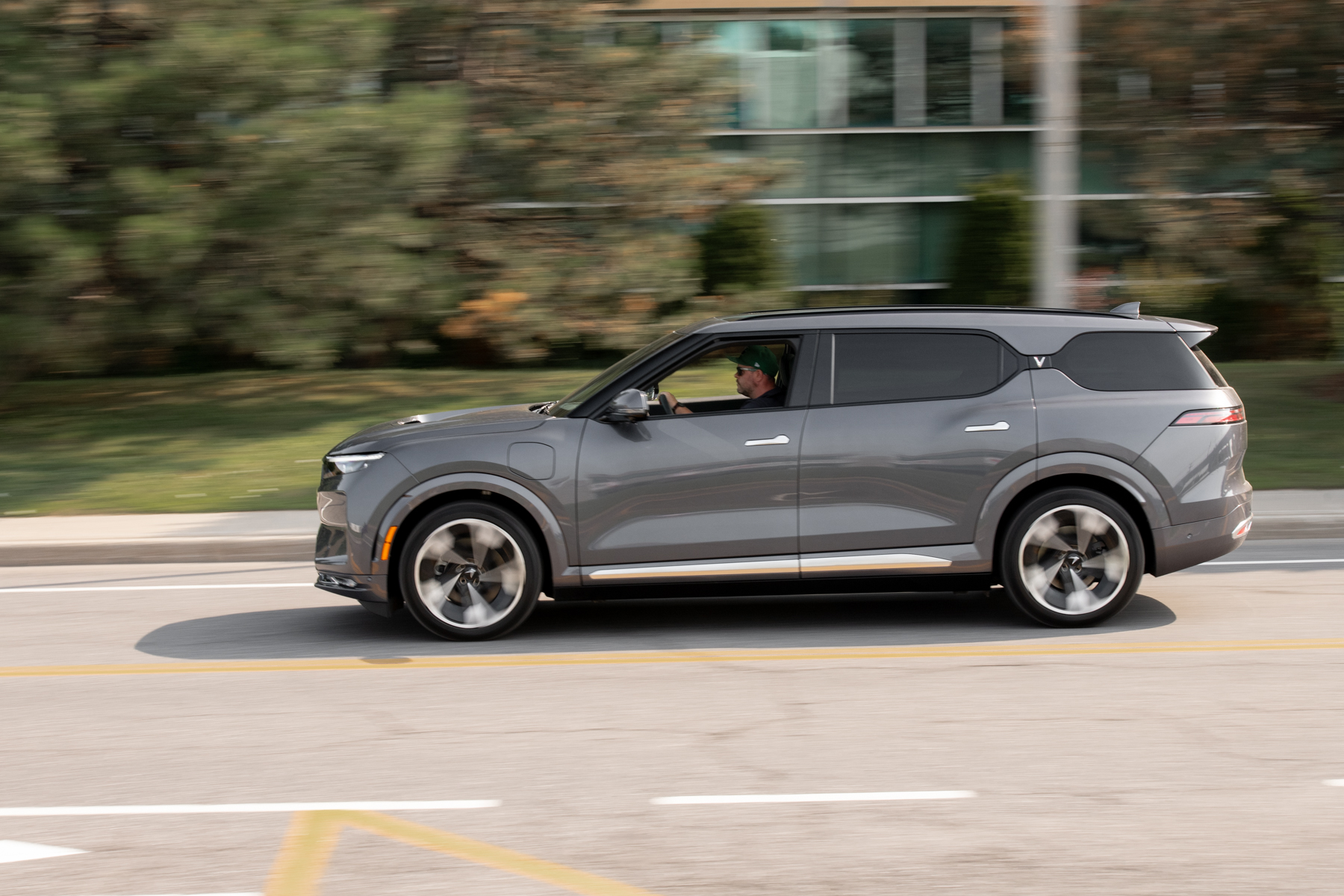
Cheap EV More Likely Than a Cheap ICE Vehicle
Building a truly affordable car that American consumers actually want to own is no easy task. While the U.S. is the world’s largest consumer vehicle market, it’s also the most difficult one to penetrate.
Consumers now want it all. And when it comes to cars, they not only want it all, but they also don’t want to pay the price for it. The premise of “yes, but you’re getting that many screens for that price!” no longer stands. The next cheap car will need to be affordable and very different than what’s currently available.
And that’s the thing. In order for that to happen, the only logical way out for automakers is through EVs. Because as the technology evolves, as battery manufacturing scales, and costs begin to shrink, EVs will likely end up costing less to build than an ICE equivalent. We’re actually already nearing parity in that regard.
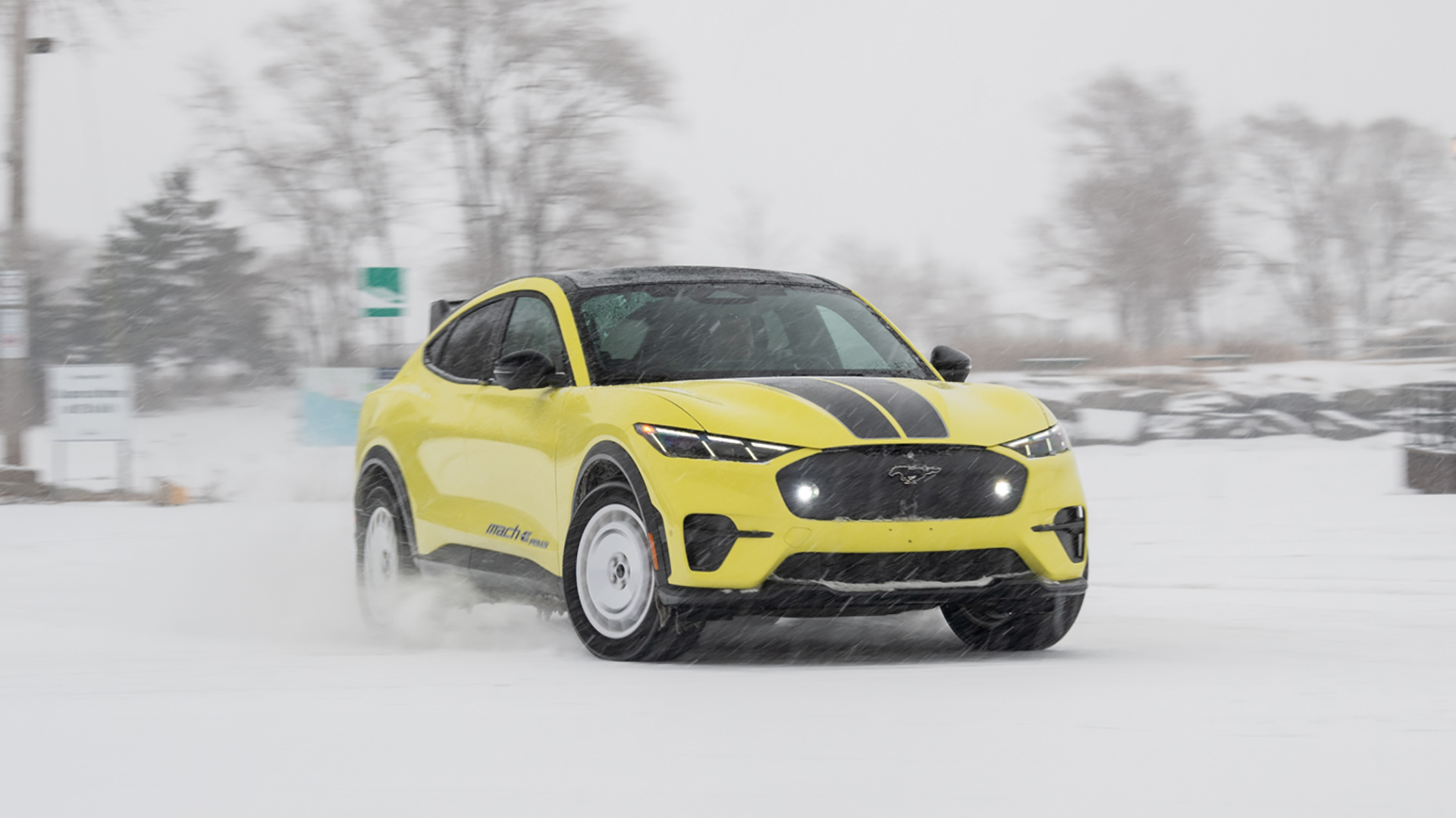
In the early 1980s, not long after the oil crisis, while we were all locked in deep within the Cold War, the luxury car market was not doing too well. To reinvigorate sales, Mercedes-Benz spent more than $3 billion (in today’s money) developing a revolutionary type of luxury automobile: smaller, more efficient, more affordable, and over-engineered. The 190E redefined the very definition of a luxury car and attracted a whole new demographic to the brand.
The reason I’m mentioning this car is that it is a concrete example of an automaker releasing a category-changing model that alters the course of automotive history. I predict that we’re on the verge of witnessing something similar in the EV space.
It’s not yet clear who will get there first. But the day a truly cheap EV with compelling range, fast charging times, and loaded with value hits the market, no legislation or political pressure will stop it. Here’s to hoping America gets there first, but China is well ahead in this race currently.
Read the full article here



